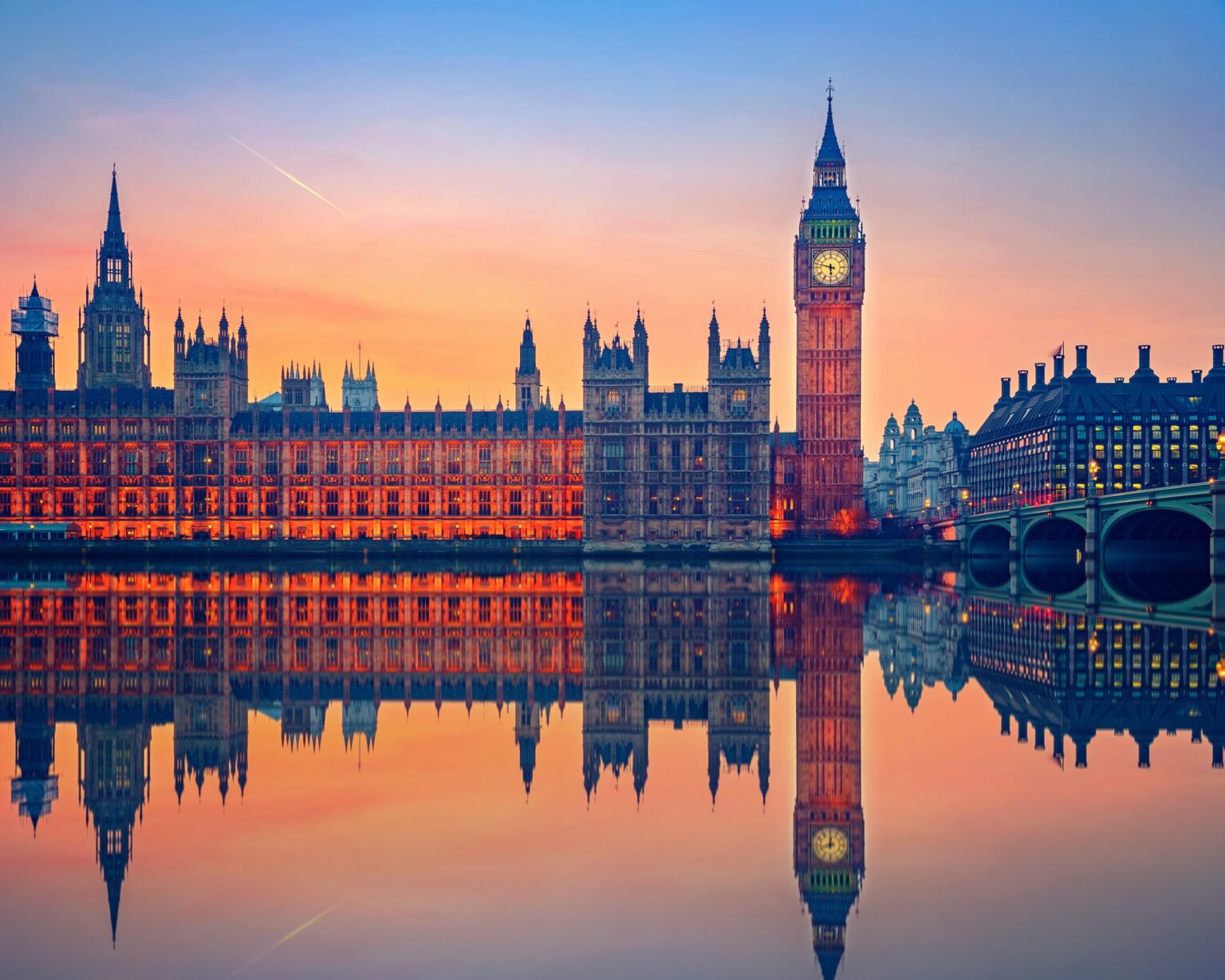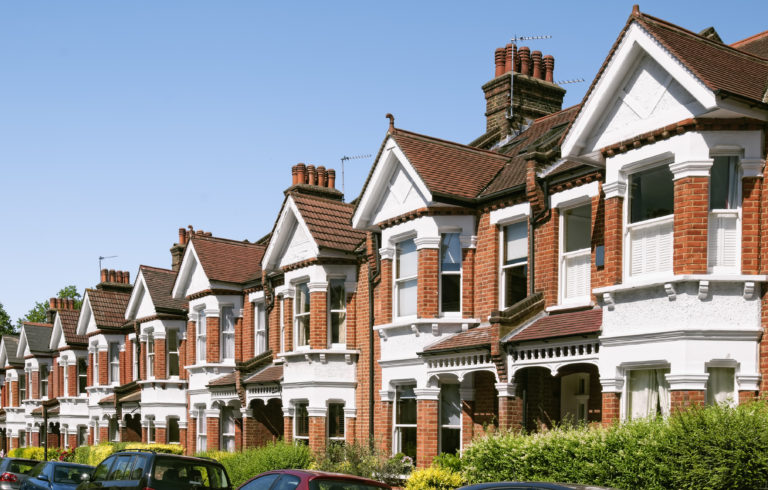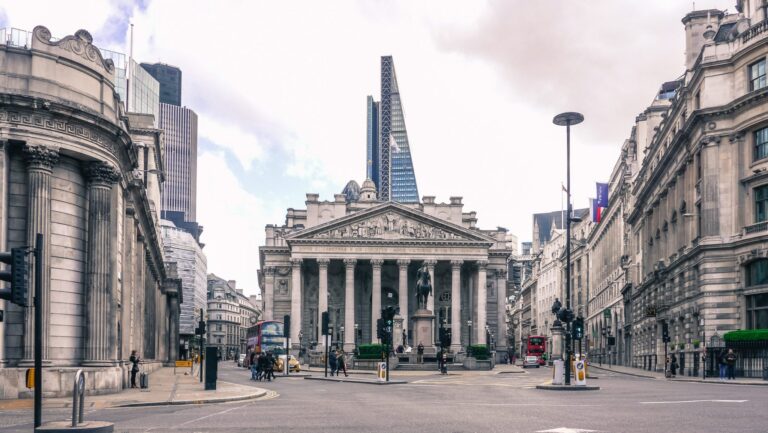The Chancellor delivered his Autumn 2021 Budget announcement to the House of Commons yesterday and, as always, improving the country’s property market was on the agenda.
The UK government has been striving to create more homes across the country for many years, and this month’s Budget didn’t tread much new ground in this respect. It has now pledged a further £1.8 billion towards the existing £10 billion target to invest in housing supply and “unlock over one million new homes”.
The UK planning system was also mentioned, with some changes and investment on their way to improve the regime. This has been a definite bugbear recently according to many property professionals, although whether enough is being done to improve the system remains to be seen.
Affordable housing was perhaps one of the biggest issues covered by Sunak in terms of housing in his speech, with continued spending to open up more affordable properties to the public. Further to this, the Chancellor made pledges to deal with cladding issues on buildings, with £5 billion of funding to go towards remediating the highest risk buildings.
Here are more details of what has been promised, along with comments from within the property market.
New homes
Unlocking more than a million new homes across the country would certainly be a major boost to the UK’s waning housing supply. Further to this, the Chancellor pointed out there will be £300 million of locally led grant funding that will be distributed to Mayoral Combined Authorities and Local Authorities to “unlock smaller brownfield sites for housing and improve communities in line with their priorities”.
Alongside this, £1.5 million will go towards regenerating underused land and delivering transport links and facilities, bringing an additional 160,000 homes in total.
Tom Brown, managing director of real estate at Ingenious, commented: “The chancellor’s commitment to invest £1.8bn in brownfield urban land regeneration which is the equivalent of 2,000 football pitches is welcome. If channelled effectively this could improve the lives of millions of people across the country providing much needed new housing and spaces in areas that have been neglected for too long.”
“Looking at the key sustainability agenda, this approach confirmed today should be prioritised over developing on other valuable green field sites which can cause loss of vital natural space. We would however welcome a further government commitment to the sustainable development of these brownfield sites so that where possible, existing buildings are preserved and sustainable materials are used.”
Planning
The government has promised an additional £65 million investment to improve the planning regime for the UK property market. This will include a new digital system, which will “ensure more certainty and better outcomes for the environment, growth and quality of design”.
Russell Pedley, co-founder and director of Assael Architecture, said: “We welcome any digitisation that simplifies planning, preferably with a zonal approach that would make it more transparent and easier to hear a range of voices representative of local communities.”
“It would also, in our view, attract more national and international funding by providing certainty to investors. In promoting digital means of consultation, we’d expect to see genuine engagement that takes us out of the Stone Age and into the sensible, modern use of planning technology.”
Affordable housing
As prices in the UK property market continue to climb, affordable housing provision is a way of ensuring many people don’t get left behind, unable to get onto the property ladder.
Rishi Sunak “reconfirmed” £11.5 billion of spending in the Affordable Homes Programme (2021-2026). Of this, £7.5 billion will be invested over this spending review period, which is the largest cash investment in a decade and will create up to 180,000 affordable properties.
Interestingly, two-thirds of the government’s funding pledge (65%) will go to areas outside London.
To increase affordability in the property market, Sunak also announced the introduction of a new 95% mortgage guarantee.
Greg Wilson, founder of Quotezone.co.uk, commented: “A shortage of affordable housing is regularly highlighted as one of the key issues preventing ‘generation rent’ from getting onto the property ladder, which is an issue the Chancellor has tried to address in his Budget announcement.”
“Rishi Sunak revealed that £24 billion will be earmarked for a multi-year housing scheme, with £11.5 billion of that used to build 180,000 new affordable homes. Many of those new properties will be sold to new homeowners at affordable prices, while the rest will be used for social housing or rented to tenants at affordable rental prices.”
Cladding removal
Since the Grenfell Tower disaster of 2017, this issue has appeared on all of the government’s spending reviews. This time, Sunak confirmed more than £5 billion to remove unsafe cladding from the highest-risk buildings. Of this, £3 billion will be spent over the spending review period.
This will be partly paid for by a new 4% residential property developer tax, also called the Building Safety Levy. Any developer earning more than £25 million a year from next year will be subject to this tax, and it will apply over a 10-year period. The intention is to raise around £2 billion to go towards making high-rise buildings safe.
Mary-Anne Bowring, group managing director at property management consultancy Ringley Group, commented: “Replacing unfit cladding systems continues to eat away at the Building Safety Fund at an alarming rate of £30m a month, and these allocations only cover high-risk buildings. Empowering leaseholders and occupiers with a voice should be at the forefront of future government action.”
How the latest Budget will go on to transform the UK property market remains to be seen. While much of it is familiar ground, as the country continues to get back on its feet after the pandemic, we are seeing shifts across all areas of the sector that may play a part in how it evolves over the coming years.










